6 Benefits Of Amino Acids For Skin, How To Use, & Side Effects
The road to soft and youthful skin has never been easier than with these essential nutrients.

Image: ShutterStock
Amino acids are gaining popularity for their skin benefits and safety. You can use amino acids for skin rejuvenation and hydration. They are scientifically proven to be effective in solving skin care woes.
Amino acids help restore cracked, flaky, or dry skin and maintain overall skin health. They work much better than any other fancy ingredient you might have heard of. This article explains the benefits of amino acids, how to use them, and their potential side effects. Keep reading to know more.
 Know Your Ingredient: Amino Acid
Know Your Ingredient: Amino AcidWhat Is It?
The building block of proteins. It includes proteins in the skin, such as keratins, collagen, and elastin.
What Are Its Benefits?
It has antioxidative, anti-inflammatory, and anti-aging properties that may improve skin hydration, and reduce fine lines.
Who Can Use It?
It can be safely and effectively applied to the skin.
How Often?
They are mostly safe to use every day, provided they’re not applied excessively.
Caution
It may cause skin irritation, therefore, a patch test is recommended before using it.
In This Article
What Are Amino Acids?
Amino acids are the organic compounds that combine to form proteins. They are left behind after proteins break down. The human body uses amino acids to make proteins to perform various functions (1).
Amino acids also play a role in maintaining overall skin health and appearance. These amino acids can be segregated into two major categories:
- Essential Amino Acids

Essential amino acids are those not produced by the body. You can only get their benefits from eating certain foods or supplements. Examples of essential amino acids include leucine, isoleucine, phenylalanine, histidine, threonine, lysine, methionine, tryptophan, and valine. They are found in animal meat (beef, poultry, seafood), animal products (dairy, eggs), and certain high-protein plant foods (nuts, legumes, soy products, and beans) (2).
Akanksha Singh, a blogger, shared how green gram dal, a legume rich in essential amino acids, helped improve her skin health. She wrote, “However, after consistently using this face pack every other week for around 2–3 months, I noticed a remarkable improvement in my skin. It felt noticeably softer, smoother, and more supple, which in turn boosted my confidence (i).”
- Non-Essential Amino Acids
Non-essential amino acids are produced by the body. These include alanine, aspartic acid, cysteine, glutamic acid, arginine, asparagine, aspartic acid, cysteine, glutamic acid, glutamine, serine, proline, glycine, and tyrosine. Most healthy adult bodies make these amino acids naturally (3).
Amino acids are a natural part of the skin and help keep it hydrated and supple. They also make up collagen, which is a part of various connective tissues, muscles, and tendons. Collagen is also present in the skin (4).
 Quick Tip
Quick TipIn the next section, we discuss the key benefits of amino acids for the skin.
Key Takeaways
- Amino acids are of two types: essential and non-essential. Essential acids are gained by eating certain foods, while non-essential acids are made by the body.
- Amino acids hydrate the skin, protect it from damage, reduce fine lines, and build collagen.
- The best way to gain the benefits of amino acids is by eating protein-rich foods like meat, dairy, poultry, buckwheat, and soybeans.
- You can also add creams containing amino acids to your skin care regimen.
Key Benefits Of Amino Acids For The Skin

The key benefits of amino acids in skincare include promoting cellular repair, increasing skin moisture, stimulating collagen production, etc. We have further elaborated on these benefits below.
- Hydrate The Skin
The skin’s top layers contain amino acids that help keep the skin hydrated.
They also help treat skin dryness, acne, and rough texture (5). For those dealing with acne, amino acid lysine for acne can be an effective treatment, aiding in the reduction of breakouts.
- May Protect Skin Against Damage
Amino acids help protect skin by promoting cellular repair, boosting hydration, and offering antioxidant protection (6).
- May Enhance Water Retention
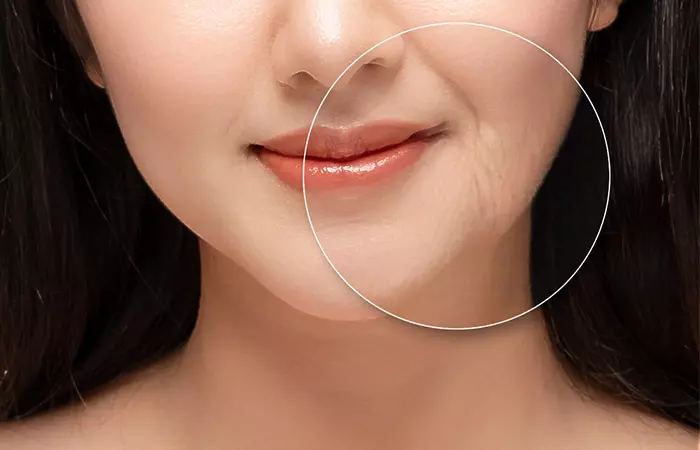
Amino acids, used in conjunction with other ingredients like glycerin and hyaluronic acid, plump the skin by helping boost moisture (7). It is believed that amino acids, when used with hyaluronic acid, may help fight the signs of aging (8).
- Help Build Collagen
Studies suggest that amino acids help restore collagen synthesis that otherwise would have been impaired by UV radiation (9).
- Help Smooth Fine Lines

Amino acids may help make the skin firmer and diminish fine lines and wrinkles (10). Their ability to promote collagen production may also have a role to play here.
- Promote Cellular Repair
Amino acids are easily absorbed from topical creams and help stimulate collagen production. Certain amino acids also reduce inflammation and promote skin repair (11).
 Quick Tip
Quick TipApart from amino acids, peptides are also often discussed in skin care. How are the two related? We shed some light on the same in the next section.
How Do Amino Acids Work With Peptides?
Amino acids are the fundamental components of peptides that are used in skin care. Peptides are long chains of amino acids that form the building blocks of proteins. When applied topically, peptides can influence skin processes due to their unique sequences. The amino acids within the peptides help maintain the skin’s structural integrity and support collagen production. They may also signal skin cells to perform specific functions, such as repairing damaged tissues.
Additionally, amino acids can help in the transportation of essential nutrients to skin cells and reinforce the skin’s natural barrier. This way, they may help improve skin health and appearance (12). However, more research is needed to fully understand their mechanisms and benefits.
You saw the major benefits of using skin care products with amino acids. That said, these acids may also cause certain side effects.
Side Effects Of Using Amino Acids
Amino acids usually work well for most skin types and are generally safe. However, do exercise caution while introducing them to your skincare routine. Perform a patch test before using the product. Stop use if you observe any reaction.
The next section will discuss the ways to use amino acids for better, healthy-looking skin.
How To Use Amino Acids For Smoother Skin

Incorporating the right foods for healthy skin into your diet can enhance your complexion. The safest and easiest way to reap the benefits of amino acids is through your diet. You may start consuming various dietary sources of amino acids.
Protein also contains all nine essential amino acids. These complete proteins include meat, fish, eggs, poultry, and dairy. Essential protein options for vegans include buckwheat, soybeans, and quinoa.
In addition, amino acids must also be an essential part of your daily skincare regimen. The most common source of amino acids is facial creams, especially those meant for sensitive areas (like the area around the eyes). If you want to introduce facial creams rich in amino acids to your skincare routine, start with a moisturizer or eye cream. Some of the amino acids to look for in skincare include lysine, arginine, histidine, glycine, and leucine (9). Thus, to support your skin from within, consider consuming foods high in amino acids.
Infographic: 6 Amino Acids Good For Skin Care
Amino acids are organic compounds that hydrate the skin, promote cellular repair, and reduce fine lines and wrinkles. You can either consume foods rich in amino acids or use cosmetic products with amino acids to get smooth and healthy skin. We have listed a few amino acids you must include in your skin care routine. Check out the infographic below to know more! Illustration: StyleCraze Design Team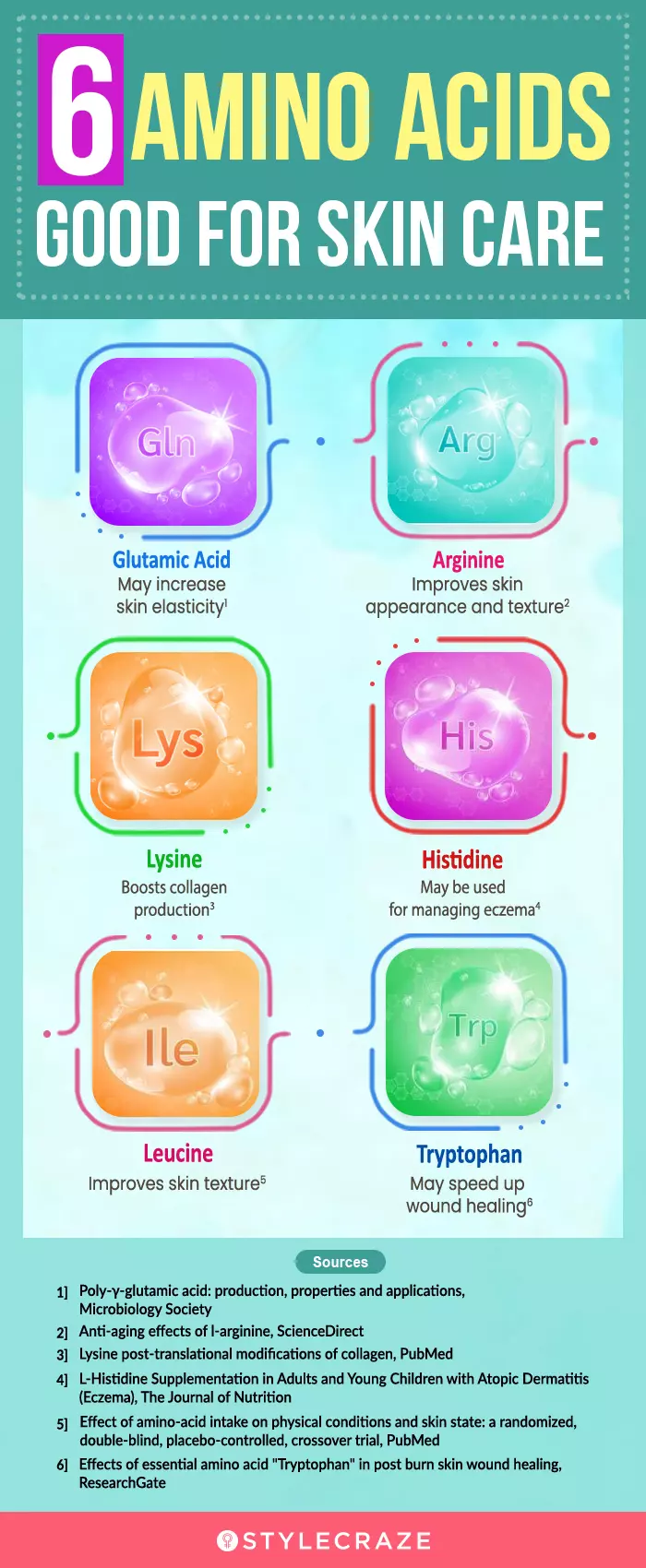
Amino acids are organic compounds used to make proteins in the body. Non-essential amino acids such as glutamic acid are produced naturally in the body while essential amino acids such as leucine are obtained through foods such as dairy products and plants. The benefits of amino acids for your skin include skin hydration, protection against UV rays, and production of collagen. While amino acids are safe for all skin types, conduct a patch test before using any amino acid product. If you experience any adverse effects, stop using it immediately.
Frequently Asked Questions
What are the best amino acids for skin hydration?
Some of the best amino acids for skin hydration include glycine and arginine. These amino acids help retain moisture, enhance collagen production, and support the skin’s barrier function (13).
Can amino acids be used with other skincare ingredients?
Yes, amino acids can be safely combined with other skincare ingredients like hyaluronic acid and peptides. They enhance the overall effectiveness of your skin care routine without causing irritation.
Do amino acids tighten skin?
Yes, amino acids can help soothe and firm the skin while minimizing fine lines and wrinkles.
Can you mix vitamin C and amino acid?
You can use vitamin C and amino acids together in your skincare routine.
Do amino acids help with skin elasticity?
Yes, amino acids boost the production of your skin’s natural collagen and elastin, resulting in increased firmness and improved elasticity.
Can I leave amino acids on my face overnight?
Yes, you can leave amino acids on your face overnight to let them absorb and get time to work on your skin as you sleep.
Illustration: Benefits Of Amino Acids For Skin How To Use & Side Effects

Image: Stable Diffusion/StyleCraze Design Team
Amino acids are essential for healthy skin. Learn how they can help improve your skin’s appearance and texture by watching the informative video below.
Personal Experience: Source
StyleCraze's articles are interwoven with authentic personal narratives that provide depth and resonance to our content. Below are the sources of the personal accounts referenced in this article.
i. How I unlocked the healthy shine on my skin?https://medium.com/@akankshaasingh1998/how-i-unlocked-the-radiance-on-my-skin-4a24304427a8
References
Articles on StyleCraze are backed by verified information from peer-reviewed and academic research papers, reputed organizations, research institutions, and medical associations to ensure accuracy and relevance. Read our editorial policy to learn more.
- Protein and Amino Acids
www.ncbi.nlm.nih.gov/books/NBK234922/ - Biochemistry, Essential Amino Acids
https://www.ncbi.nlm.nih.gov/books/NBK557845/#:~:text=Of%20these%2020%20amino%20acids,Tryptophan - Amino acids
https://medlineplus.gov/ency/article/002222.htm#:~:text=Nonessential%20amino%20acids%20include%3A%20alanine,proline%2C%20serine%2C%20and%20tyrosine.&text=Conditional%20amino%20acids%20are%20usually,times%20of%20illness%20and%20stress. - Collagen: The Fibrous Proteins of the Matrix
https://www.ncbi.nlm.nih.gov/books/NBK21582/5 - Effect of amino-acid intake on physical conditions and skin state: a randomized, double-blind, placebo-controlled, crossover trial
https://www.ncbi.nlm.nih.gov/pmc/articles/PMC6667387/ - Antioxidative, Anti-Inflammatory, and Anti-Aging Properties of Mycosporine-Like Amino Acids: Molecular and Cellular Mechanisms in the Protection of Skin-Aging
https://pubmed.ncbi.nlm.nih.gov/31013795/ - The 24-hour skin hydration and barrier function effects of a hyaluronic 1%, glycerin 5%, and Centella asiatica stem cells extract moisturizing fluid: an intra-subject, randomized, assessor-blinded study
https://www.ncbi.nlm.nih.gov/pmc/articles/PMC5560567/ - The role of hyaluronic acid and amino acid against the aging of the human skin: A clinical and histological study
https://pubmed.ncbi.nlm.nih.gov/33090687/ - Importance of amino acid composition to improve skin collagen protein synthesis rates in UV-irradiated mice
https://www.ncbi.nlm.nih.gov/pmc/articles/PMC3351609/ - Antioxidative Skin anti-aging strategies
https://www.ncbi.nlm.nih.gov/pmc/articles/PMC3583892/ - Nutritional support for wound healing
https://pubmed.ncbi.nlm.nih.gov/14653765/ - Chapter 15 – Amino Acids and Peptides: Building Blocks for Skin Proteins
https://www.sciencedirect.com/science/article/abs/pii/B9780815520290500223/
Read full bio of Dr. Zeel Gandhi
Read full bio of Arshiya Syeda
Read full bio of Ramona Sinha
Read full bio of Swathi E









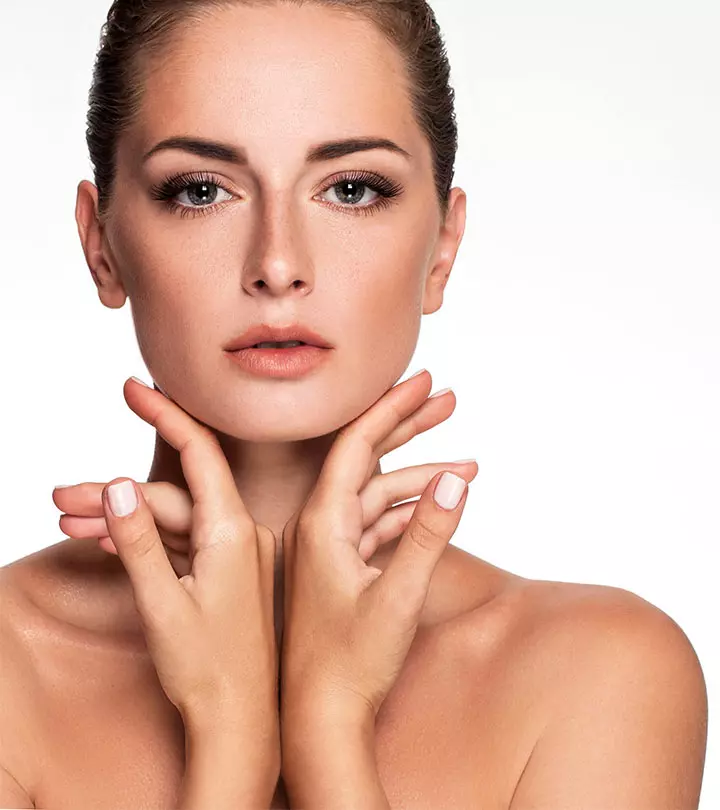










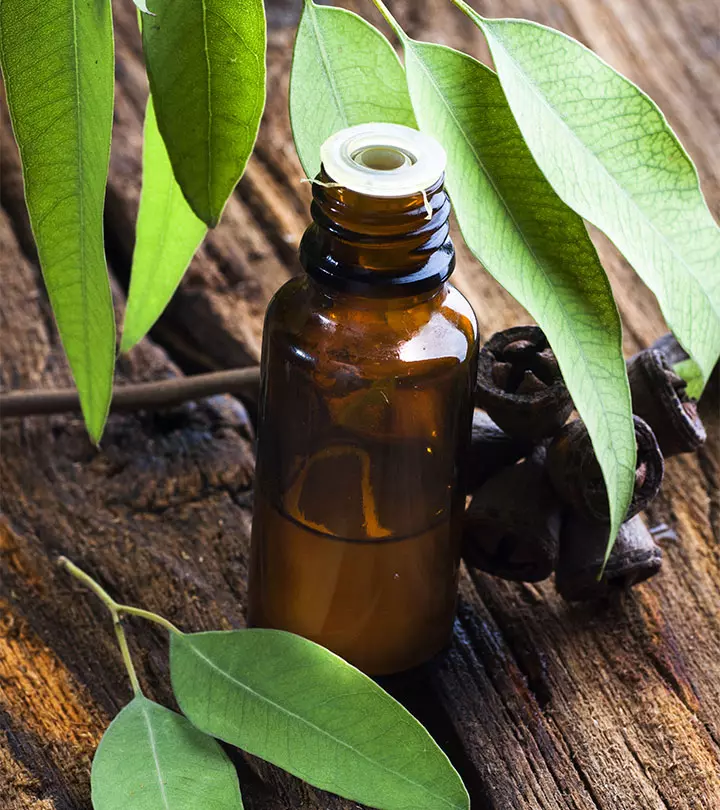
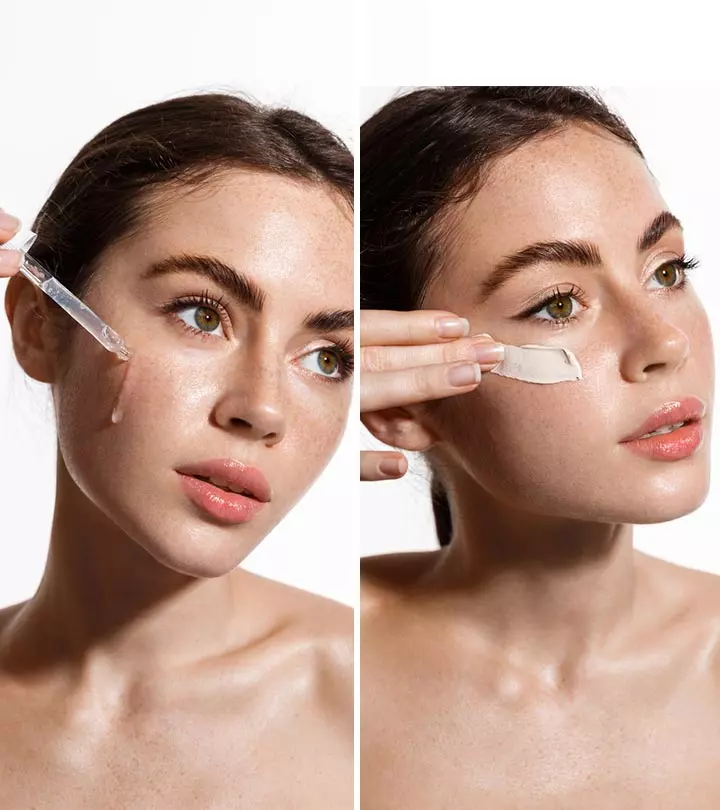




Community Experiences
Join the conversation and become a part of our empowering community! Share your stories, experiences, and insights to connect with other beauty, lifestyle, and health enthusiasts.